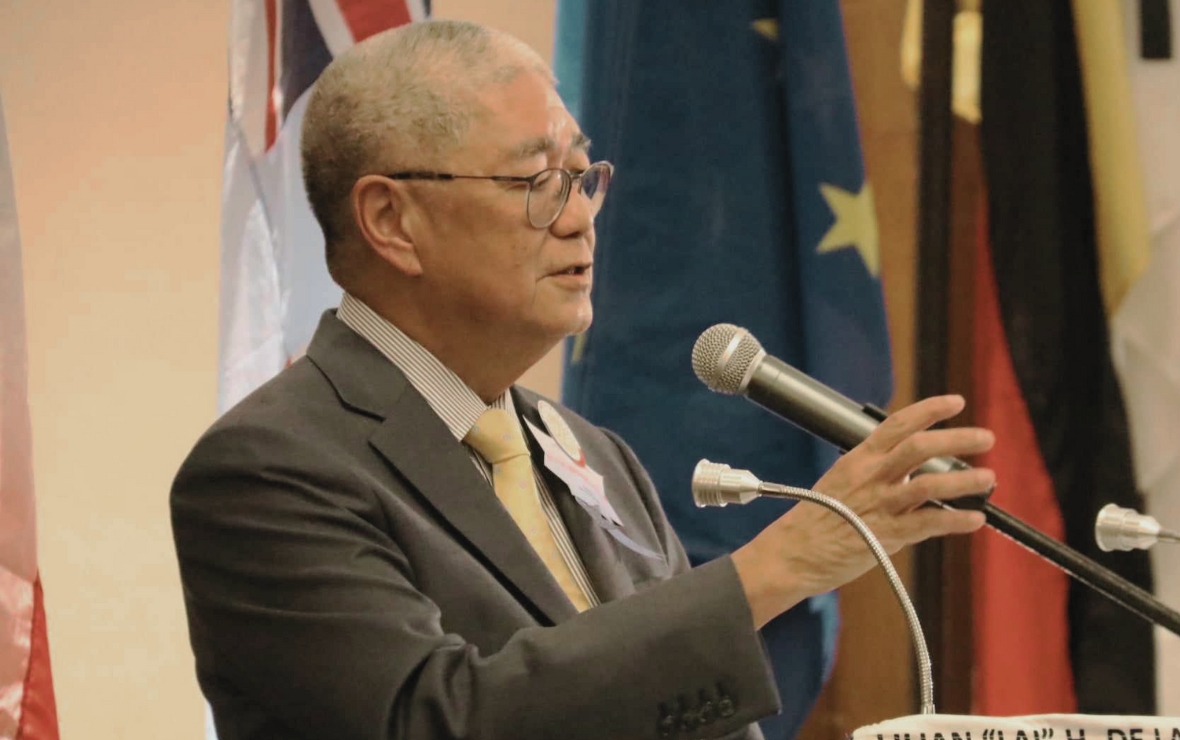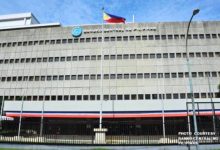IN THE Manila Rotary Club meeting where Bangko Sentral ng Pilipinas governor Eli Remolona was guest, he cited many of his to-do list to spark a vigorous capital market in the country where he noted that the Philippines has remained a “laggard” on many fronts that include the number of IPOs.
Remolona said there is much that needs to be done such as allowing companies with lower ratings to issue their own corporate bonds and to have index funds as well as to nudge the savings rate in the country. He noticed that only companies with Triple A ratings get to borrow from the capital market to fund their own expansion plans or diversification strategies.
But in that speech , there is one noticeable facet in the stock market that he took note of : insider trading which implies that those in the know get ahead of everybody else in the market, something that is a no-no in the experiences he had as part of the Bank of International Settlements and the Federal Reserve Bank of New York.
Insider trading is a fact whispered about in the goings-on at the Philippine Stock Exchange . Everyone in this investment world is aware of these shenanigans and this could be part of the reason why the local market remains a laggard among its Asean peers. And one that is cited by big foreign funds that skip us.
And to think that the country can pride itself having established the first in Asia with the setting up of the Manila Stock Exchange on August 12, 1927. Our daily volume and value turnover is just a tenth of the trades done in other Asean countries and this is a sad commentary on the health of our capital market.
Remolona cited, for one , that whenever listed companies report huge earnings, “nothing moves “ and that the trades already happened before the release. And that goes to show that there is insider trading, a fact that can be deduced from the earlier trades before the news came out.
What BSP Governor Remolona cited should be a wake up call for the Philippine Stock Exchange and the Securities and Exchange Commission as it hits at the very core of the local market. With insider trading unchecked, the local market may as well be consigned to the dustbin of history: It had the first stock exchange but it is last in the destination for investments.
Investors in the market have been citing several instances where the PSE has been remiss in its mandate to perk up the capital market. In fact there are times the PSE does the unthinkable and hopefully our peers have not noticed the egregious blunders that anyone can spot from far away.
The case about Abra Mining, a speculative mining stock that soared and then crashed down to earth is one for the books. After the PSE officials suspended the stock because it sold unregistered shares, PSE president Ramon Monzon came up with the bright idea of having a “white knight” for the company which sold shares that were not supposed to be listed.
Monzon’s bright idea surprised many investors although others saw it as a possible innovation in the investment world. A white knight, after all, is a company that saves another in a precarious situation similar to a knight in shining armor saving a damsel in distress.
Ever since that bright idea of a white knight was floated , nothing has come out from the PSE officials on the matter. In fact, many of the investors caught in the crash of Abra Mining are still left with shares of stock that cannot be traded whilst the officials of the speculative mining stock are possibly still laughing after they have gone to the bank.
With the insider trading that the BSP gov noticed and the case of Abra Mining where even the culprits that sold unregistered shares remained unidentified for all to see, what prospects await the local market?
There are questions galore on why the officials of Abra Mining have remained unidentified. Who sold the unregistered shares which is tantamount to a criminal offense in other jurisdictions. And why, oh why, did the PSE president Ramon Monzon floated the white knight?









